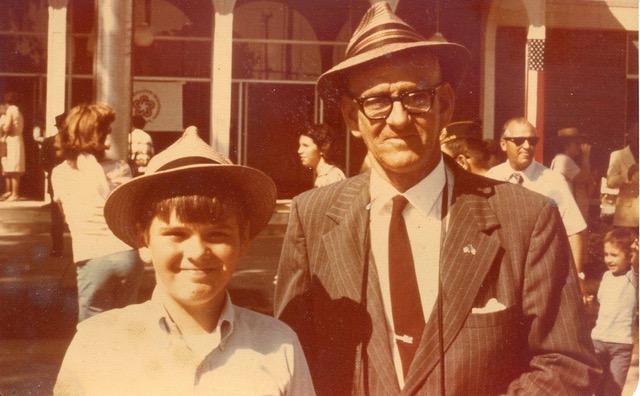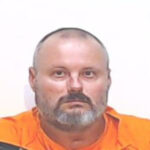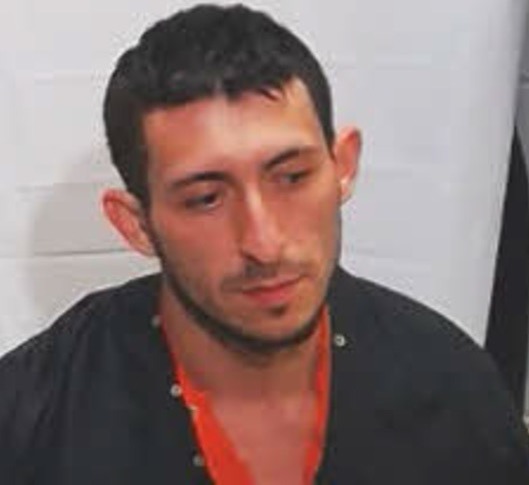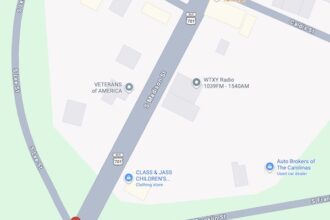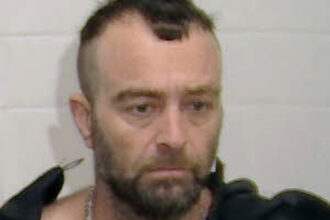He did not die the warrior’s death he wanted.
Every man hopes for what the song calls a life worth living, and a death worth dying for. Morbid, perhaps, but it’s true, whether or not we like to admit it.
Tom Weaver was my father; I was a late-in-life child, born when he hit the half-century mark. He’d lived an entire life before I was born, even before meeting and marrying my mother.
He met and knew Confederate veterans who were friends of his grandfathers. He was cared for by a woman who had been born a slave, whose family refused to leave his even when they were freed. He ate sandwiches with Charles Lindbergh, and drove across the country with an uncle looking for work during the Depression, spending a night or two under the stars in hobo camps. He nearly lost a foot to an infected wound on that trip, but a stranger physically carried him into a doctor’s office in a remote town in Arizona.
He played saxophone in a band that was often paid in tips and bootleg liquor, just before the end of Prohibition and shortly thereafter. He then came home to Virginia and the family hardware business, was rejected for service in World War II due to his feet, and checked off loads of building materials being delivered to the site of the Pentagon.
He didn’t really know his father, who was run over by a trolley car in Washington City after surviving the last and worst months of America’s participation in World War I. Papa quit drinking in 1940, after alcohol helped kill the uncles who tried to fill his father’s shoes.
He played baseball; rather, he lived, ate, breathed and slept baseball. The Old Man coached and managed semi-pro teams that fed players to the old Washington Senators, among other teams. On a grainy wartime newsreel, one of those Senators shakes Papa’s hand as the ballplayer leaves for the Army. It’s funny, but even though Papa was not yet 30 in those few frames, you can recognize Tom Weaver.
It was baseball that led to my father’s accidental discovery of the trade for which he was intended.
Papa had a hardware store in a tiny Virginia crossroads; the store shared an old railroad depot with a small newspaper, and had room left over for Papa’s office as the Justice of the Peace as well. He was on the volunteer fire department, too. It was that kind of town. Anyway, he agreed to provide the scores and stats for the fellow who ran the paper. In time Papa began providing coverage of some of the games, as well as bits and pieces of political events, fires, meetings, and all the news that makes up life in a rural community.
Then one day the owner of the paper (a good hardware customer) came to Papa and asked for help. The editor had quit without notice, and would Tom consider helping out the paper out just this once? Since he was always willing to help someone, Papa agreed. One week spread to two or three, then to a year, and then a decade later Tom Weaver was the editor for several small weeklies owned by the former hardware customer. Just over a decade after helping out that one time, Papa hired a stubborn, proud, pretty woman with four children who needed a better job than working at the grocery store. A couple years later, they were married, and produced me.
From the time before I was born, Tom Weaver was identified as a newspaperman. He was much more, however.
He enjoyed fishing, more from the philosophical side than the actual catching. He loved history, having lived so much of it, and never missed a chance to share that love. He knew two U.S. Presidents, as well as a handful of those who wanted the job. He knew governors and senators and congressmen, some of whom asked his advice, some of whom called him friend, one of whom wept when he got the word that Papa had died. He knew governors well enough to call them by their first names, and he seemed to know everyone who ever served in the General Assembly.
He had a love and incredible knowledge of the Constitution and the law, as well as those charged with enforcing the law.
He loved animals, especially hounds, and wrote numerous, powerful letters imploring lawmakers for better rules against animal cruelty. He didn’t hunt, but he encouraged my love of hunting and trapping, and expected me to be a good steward. He didn’t shoot very often, but he felt the Second Amendment was the reason we still have the First Amendment.
He loved music, mainly big band and Dixieland jazz, and had a clear, deep, barely tenor voice that could croon a ‘30s ballad or ring out with anything from the old Broadman Hymnal. The old No. 41, To God Be The Glory, was his favorite.
My father was a Christian, quiet and steadfast in his faith, but well aware that no one is perfect. He worried about his faith being seen as a show, especially since he sometimes failed, as all Christians do. I was amazed, after his death, at the folks who told me how he had made a difference in their lives, talking about drinking problems or failing marriages or just life, whether tucked away in his office or on the wide front porch he loved so much.
I learned to dress from my father. It’s natural I guess, since as children we want to emulate our heroes, but much of that antiquated haute couture carried over long past childhood. I wanted to wear a fedora like he usually did in the cooler weather, and a snapbrim or Panama from Easter through September. He surprised me by telling the man at the men’s store to let me try on a snapbrim similar to his. I wore it proudly; that pride shows through in the picture of us from my tenth summer. My Sunday suits were similar to those he wore every day. He preferred burgundy ties, and I prefer black, but I still tie the knot as he taught me, every morning. And it’s inconceivable to leave the house or the office without wearing a hat.
I am no mirror of my father, but he wouldn’t want it that way. Tom Weaver never, by choice, went more than a day without shaving, or beyond two weeks without a trip to the barbershop. I usually wear boots instead of mirror-polished wingtips, and I am not averse to wearing jeans, what he called dungarees. But his hand is still there, reminding me to shoot my cuffs when I put on a jacket.
A very kind young lady told me one day a while back that she “liked my style.” I was a bit taken off guard, but I thanked her. Further conversation revealed that she was referring to my vest, coat, hat and tie.
I was flattered, but every day, I hope and pray that my style, such as it is, will be as much of a reflection of my father in every other way.
He may not have died a warrior’s death at his desk, bringing down a corrupt politician, saving unwanted hunting dogs, or preserving some forgotten chapter of history; but as far as I am concerned, my father definitely had a life worth living.
But what else could one expect from a hero?

